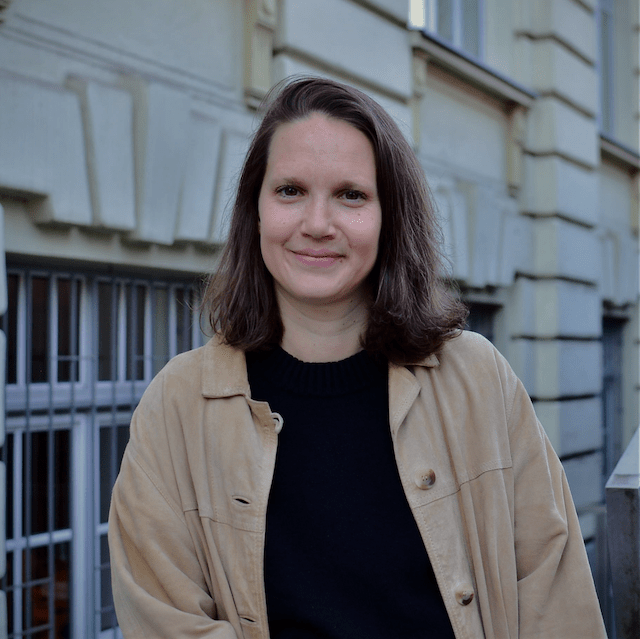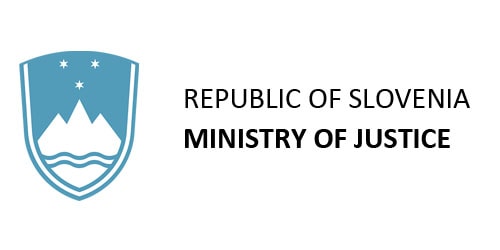Training Professionals in Juvenile Justice: Gap Analysis and Building a Multidisciplinary Approach
ABOUT THE PROJECT
This research project focuses on analyzing the current training system for professionals involved in the treatment of juvenile offenders and developing a comprehensive multidisciplinary training programme. The project aims to enhance the quality and efficiency of the justice system in Slovenia by engaging experts from various sectors, including justice, social work, health, education, and training. A key aspect of the project is its multidisciplinary approach, which will enable a coordinated and integrated treatment of juvenile offenders.
The main objective of the project is to design a programme that includes both foundational modules for all professionals working with juveniles, as well as specialized modules for specific professional groups, such as judges, social workers, police officers, defence lawyers, and others. The programme will be developed based on the challenges professionals face when dealing with juvenile offenders and the need for improved inter-institutional collaboration.
As part of the project, a detailed analysis of current training programmes in Slovenia will be conducted, alongside a comparison of existing practices in three other countries that have already developed successful models. The analysis will assess the quality of existing programmes, with a focus on how well they address the complex challenges faced by professionals working with young offenders. Based on these findings, the project will identify the key skills required for better cooperation between institutions and for effective juvenile treatment.
Additionally, the project will review Slovenian higher education programmes and curricula to identify gaps in the coverage of juvenile delinquency, psychology, law, and related disciplines. This review will provide the foundation for developing supplementary training courses that will strengthen knowledge in these areas. The training programme developed will combine basic knowledge necessary for all professionals, with specialized content tailored to individual professional groups. It will be rooted in a multidisciplinary approach, integrating theory and essential practical skills for fostering successful collaboration across disciplines. The programme will be designed to facilitate the involvement of various institutions in juvenile treatment, with a built-in capacity for ongoing evaluation and adaptation to emerging needs.
Beyond the content, the project will also focus on the implementation aspect of the programme. This will involve developing a delivery model that accommodates both national and regional approaches, offering various formats to ensure the training is accessible to all professionals. Additionally, mechanisms to monitor the programme’s effectiveness will be established, enabling regular evaluation and adjustments to the content in response to practical developments. The project’s aim is not only to create a training programme but also to ensure its sustainable integration into existing educational and institutional frameworks. This will enable long-term implementation of the programme, with the ability to continuously adapt to the evolving needs of both the profession and society.
Finally, the project will provide recommendations for the further improvement of the training system, including proposals for expanding the programme, involving new experts, and enhancing the programme’s evaluation mechanisms. This project will have lasting effects on the Slovenian justice system, contributing to greater security and stability. Improved inter-institutional cooperation will enhance the quality of juvenile treatment, reduce recidivism, and increase public confidence in the justice system. Furthermore, the project will support social cohesion and mitigate the negative impact of criminal activity on young individuals and society as a whole.
Project Type: Target research Programme
Project Code (SICRIS): V5-2543
Duration: 1. 9. 2025 – 31. 8. 2027
WORK PACKAGES
The project is divided into eight work packages:
- project management,
- review of multidisciplinary training programmes in three countries,
- analysis of the existing training system after the adoption of the ZKP-O,
- inclusion of juvenile delinquency-related content in higher education programmes,
- identification of knowledge required for specific groups of professionals,
- design of a proposed training programme,
- programme evaluation,
- dissemination of results.
PROJECT PARTNERS
The project leader is Dr. Jasmina Arnež, Institute of Criminology at the Faculty of Law in Ljubljana. The project partner is Faculty of Education, University of Ljubljana.
Project members

Jasmina Arnež
Project leader

Eva Bertok

Mojca Mihelj Plesničar

Katja Filipčič

Lora Briški









